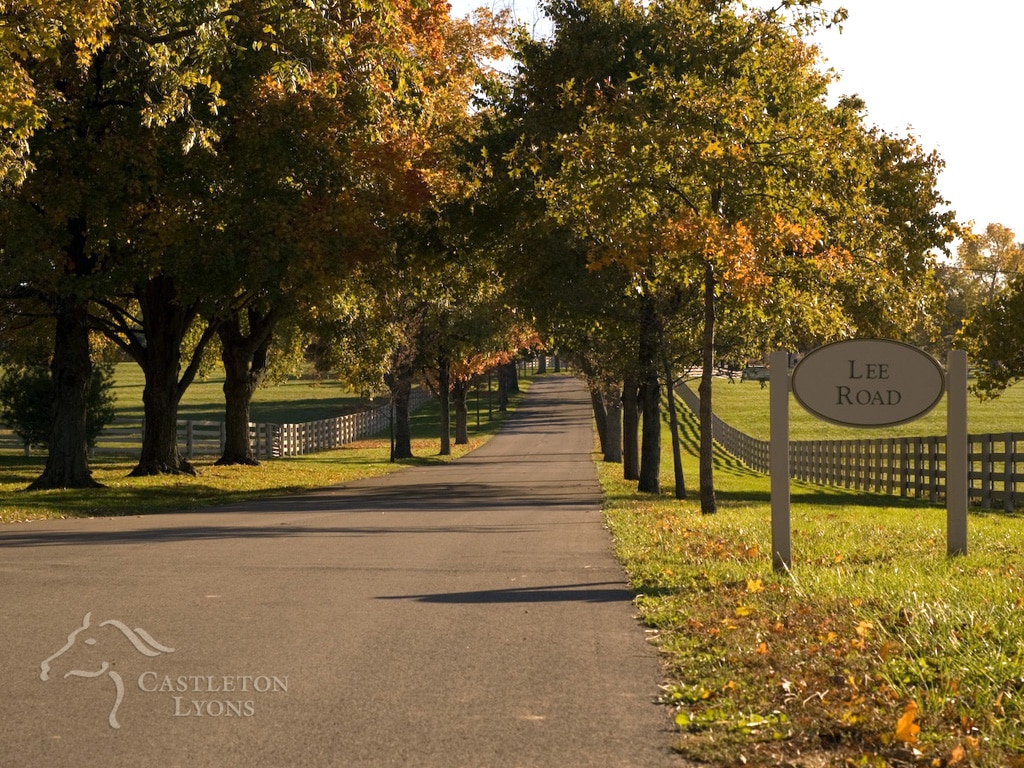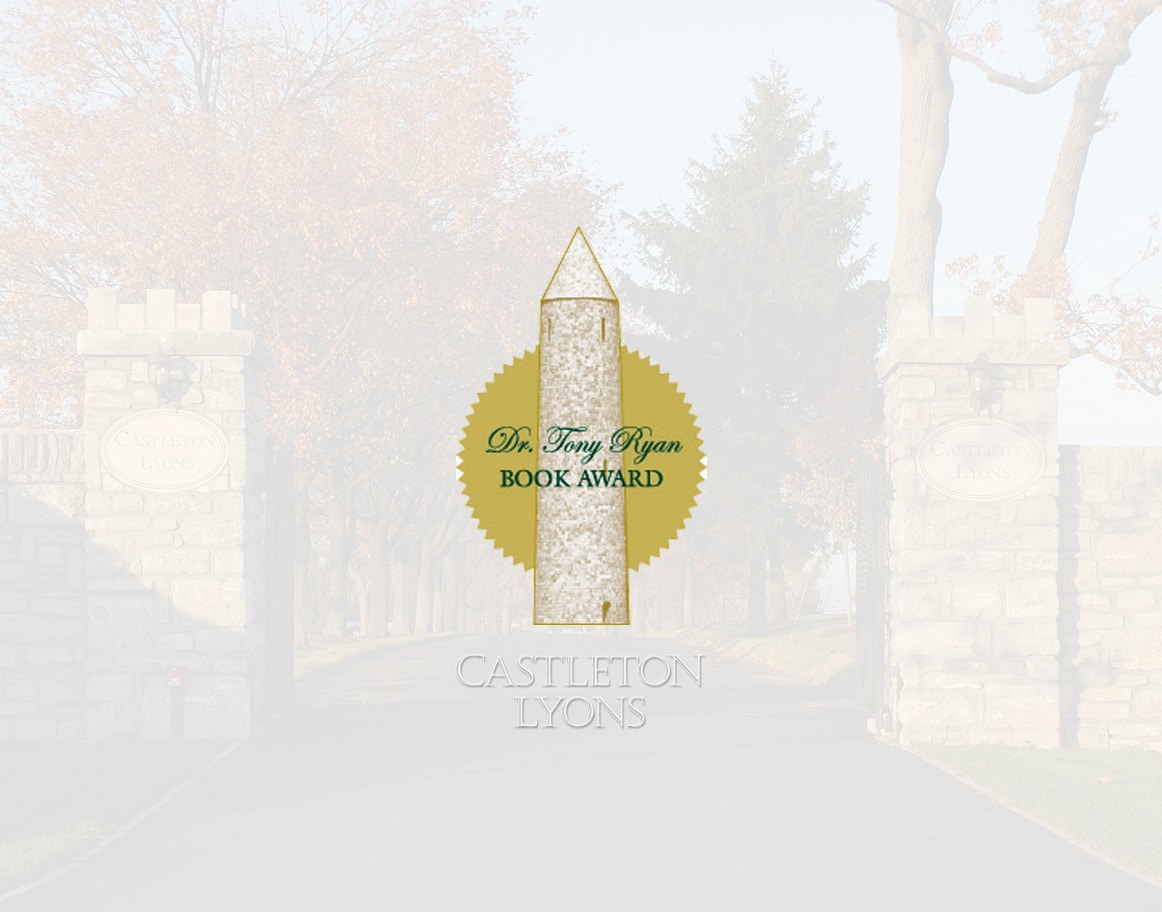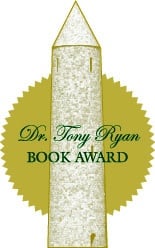Dr. Tony Ryan Book Award Semi-finalists Announced
From among 15 submissions representing multiple genres, six semi-finalists for the 2020 Dr. Tony Ryan Book Award have been selected by a panel of racing industry and literary judges. This year’s semi-finalists include a pair of equine biographies; the story of a legendary trainer; a history of one of America’s most important races; a compelling work of fiction; and a collection of life stories from racetrack workers and others whose lives revolve around one historic racetrack. According to the judges, the across-the-board excellence of the entries was so high it made picking semi-finalists a most difficult task.
“Just like a horse race, some contests draw a single standout, while others are an evenly-matched, anyone-could-win group,” says lead judge Kay Coyte, noting that 2019’s submissions fell into the latter category. “This year’s 15 titles are of consistently high quality, which is proven by the excellent books that just missed the semifinalists cut.”
Coyte went on to explain that emphasis when judging is placed on “clarity and elegance of writing, a book’s ability to entertain, and an author’s commitment to his or her subject.” “At times, when we are down to two books on a bubble of making the short list, I’ll ask myself: Which would Dr. Ryan want?”
The Award was the brainchild of the late Dr. Tony Ryan, for whom it is named today. With racing and literature his twin passions, Dr. Ryan established the competition back in 2006 to honor the best of long-form writing in the world of Thoroughbreds, and attached to it a whopping $10,000 prize to the winning author(s). He lost a battle with cancer in 2007, and since then his son Shane has carried on the award in his name and honor.
The Book Award timeline was altered this year due to Covid-19. In previous years, winners were announced in April with a catered reception at the Ryan family’s Castleton Lyons Farm near Lexington. As it now stands, three finalists will be revealed later this summer, while plans for honoring the winner remain to be determined.
Below are brief synopses of the six semi-finalists, presented in alphabetical order.
Better Lucky Than Good: Tall Tales and Straight Talk from the Backside of the Track, by Louisville Story Program
A collaboration between the Louisville Story Program and members of the racing community, Better Lucky Than Good focuses on the citizens of Churchill Downs. LSP, founded in 2013 to tell previously unheard stories and oral histories, pulled together 32 self-told tales from often unseen and/or overlooked backstretch personnel—the all-important supporting cast that brings any racetrack to life. This unique soft-cover collection includes stories from a clocker, a security guard, a silks maker, a gap attendant, and a hotwalker, among many others, providing a seldom seen inside perspective of our sport.
Justify: 111 Days to Triple Crown Glory, by Lenny Shulman
Penned by a respected turf writer with a behind-the-scenes view, Justify chronicles in detail the meteoric rise of American racing’s 13th and most recent Triple Crown hero, while also telling the stories of those who made him who he was—breeders John and Tanya Gunther, trainer Bob Baffert, and jockey Mike Smith. The Blood-Horse’s Lenny Schulman had extensive inside access as he followed the story of the big red colt from early days to glory, and the result is masterful.
The Key to the Quarter Pole, by Robin Traywick Williams
Award-winning journalist Robin Traywick Williams had previously put out four collections of real-life stories, but Key to the Quarter Pole is her first attempt at fiction—and a good one it is. This often humorous tale was penned by a storyteller who clearly understands the struggles of racetrack life. Told with a light touch, Williams developed a cast of endearing backside characters, headed by free-spirited Louisa Ferncliff, a 60-year-old trainer and “fixer” of broken horses and lost people. A former two-term member of the Virginia Racing Commission, Williams based her story at Colonial Downs.
Spectacular Bid: The Last Superhorse of the Twentieth Century, by Peter Lee
One of racing’s all-time greats is the subject of this long overdue biography. Spectacular Bid’s Cinderella tale is delivered here by former journalist Peter Lee, whose extensive research and interviews returned to life the incomparable gray colt who sold for just $37,000 as a yearling and went on to attain Hall of Fame status at the apex of his sport. Along the way, Lee serves up insightful information on Bid’s colorful and brash trainer and his troubled young jockey.
The Travers: 150 Years of Saratoga’s Greatest Race, by Brien Bouyea and Michael Veitch
Two top racing historians teamed to produce this handsome volume. Brien Bouyea, Director of Communications at the National Museum of Racing and Hall of Fame, and Michael Veitch, the Museum’s official historian, were the perfect pair to produce the ultimate guidebook to America’s Midsummer Derby. Their text offers a decade-by-decade timeline of Saratoga Race Course itself, in-depth statistical information, and accounts of each of the first 149 Travers renewals. The Travers is beautifully illustrated with the work of noted artists and photographers from the 19th century to present.
The Triumph of Henry Cecil, by Tony Rushmer
Sports journalist Tony Rushmer has penned a splendid biography of his friend, legendary British trainer Henry Cecil. Rushmer, who had years of personal access, focuses largely on the latter part of Cecil’s storied life including good times and bad. The ten-time champion English trainer saddled 25 British classic winners and won important races all over the globe, but when diagnosed with cancer in 2006 he was written off by many as finished. Instead, in 2010-2011 Cecil unveiled the crowning achievement of his career in brilliant, unbeatable Frankel. This is the story of a life … of tragedy and scandals, honors and triumphs, and of a remarkable comeback by one of racing’s rare talents.


